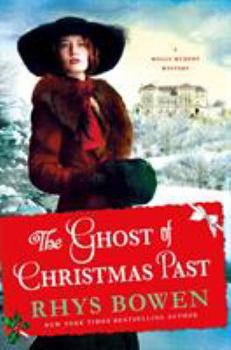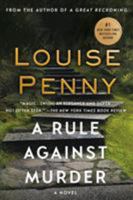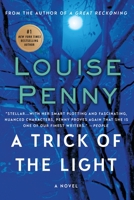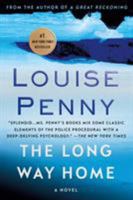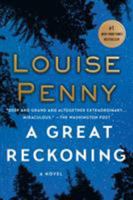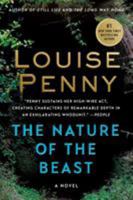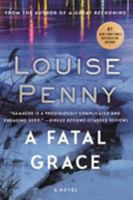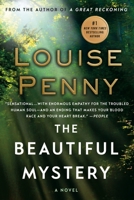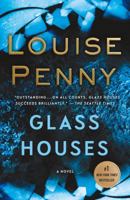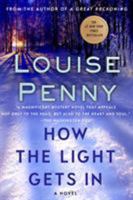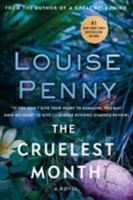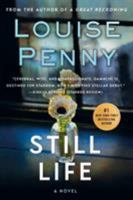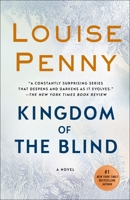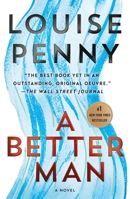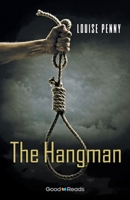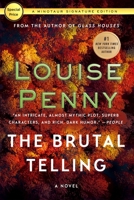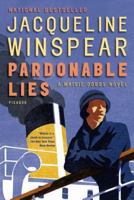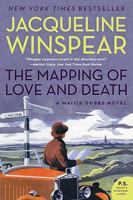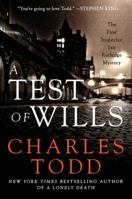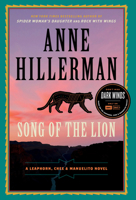You Might Also Enjoy
Book Overview
From Rhys Bowen, the author of In Farleigh Field, comes the next Molly Murphy mystery: The Ghost of Christmas Past. Semi-retired private detective Molly Murphy Sullivan is suffering from depression after a miscarriage following her adventure in San Francisco during the earthquake of 1906. She and her husband, Daniel, are invited for Christmas at a mansion on the Hudson, and they gratefully accept, expecting a peaceful and relaxing holiday season. Not long after they arrive, however, they start to feel the tension in the house's atmosphere. Then they learn that the host couple's young daughter wandered out into the snow ten years ago and was never seen again. Molly can identify with the mother's pain at never knowing what happened to her child and wants to help, but there is so little to go on. No ransom note. No body ever found. But Molly slowly begins to suspect that the occupants of the house know more than they are letting on. Then, on Christmas Eve, there is a knock at the door and a young girl stands there. "I'm Charlotte," she says. "I've come home." This description may be from another edition of this product.
Format:Paperback
Language:English
ISBN:1590171985
ISBN13:9781590171981
Release Date:January 2007
Publisher:New York Review of Books
Length:296 Pages
Weight:0.70 lbs.
Dimensions:0.7" x 5.0" x 7.9"
Related Subjects
Capitalism Environmentalism Friendship Frontier Life Isolation Masculinity Mortality Survival Adventure WesternMore by Leigh Toselli
Customer Reviews
9 customer ratings | 4 reviews
There are currently no reviews. Be the first to review this work.











